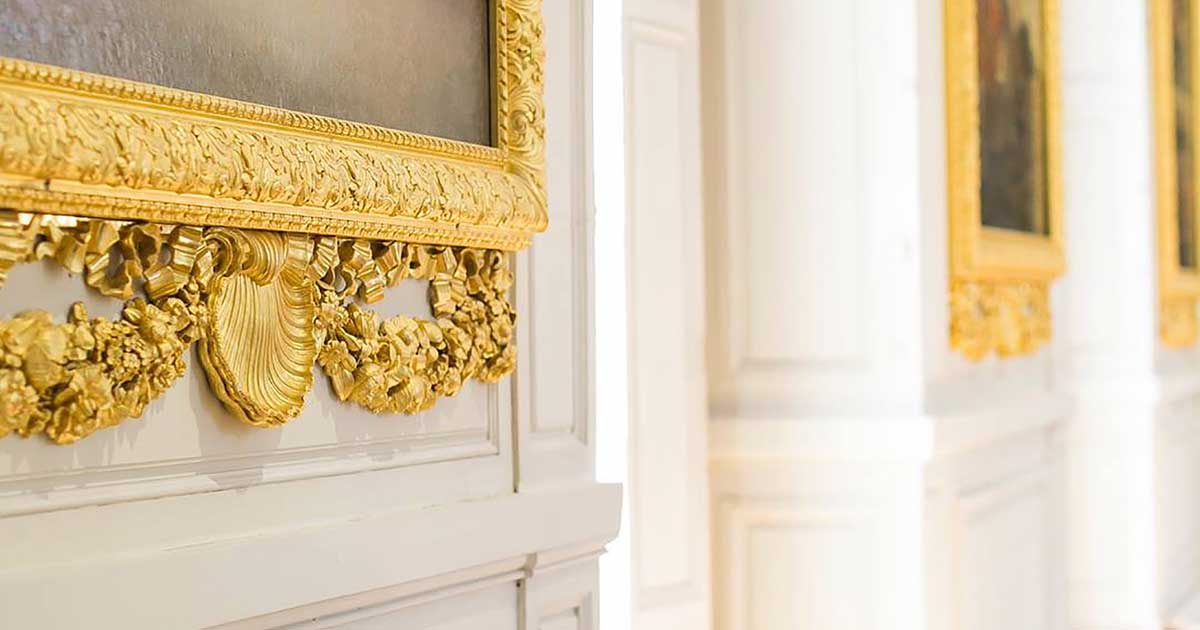RISE
★ ★ ★ ★
Make your intentions clear

Image by Kitera Dent
By Aishwarya Vardhana
Museo del Prado, Spain’s national art museum, is an argument. Every visitor, like myself, buys a ticket and we listen to the claim that Spanish art, and by relation the Spanish people, culture, and state, is elevated.
Each exquisite painting in this palatial museum is a proposition that we should all collectively agree that Spain is as sophisticated, civilized, and valid as other European nations. The singular narrative echoing through the halls of the Prado is not Christianity, or the divinity of the female nude, or even man’s mastery of light and dark. It is a story as old as kings, queens, and conquest, that needs to be told over and over again, louder and louder each time because fiction can only become true when those of us listening forget that we ever knew anything different.
Our story begins on a cold Tuesday afternoon in Madrid, when I step into the Prado, and out of the 21st century. I grab a folded map of the expansive museum and strategize a path to Goya, Caravaggio, and Velázquez. I must have passed thirteen stations before reaching Caravaggio’s David with the head of Goliath, where a porcelain David’s triceps ripple while he intently ties a rope around the severed head of the bearded and punctured Goliath.
In truth, I do not know who Caravaggio is, but he was an inspiration to my late idol Virgil Abloh, and so through Virgil I feel an interest in seeing this painting in person. Standing there in the Prado before David with the head of Goliath, I began to understand. An ancient story collapses into a single frame, capturing characters made fictional by the temporal chasm which separates us. Goliath’s fingers curl in a fist the size of David’s feet, the wrinkles in his face betraying countless prior victories. Caravaggio had rendered an ocean of folds in his subjects’ skin and clothing. David looks shocked as he comprehends what he’s achieved, but nonetheless proceeds. Here it was, the seed that survived the hurricane, the few words which dismantled a regime; it was the boy David who brought down the giant Goliath. As a human being, how could you not love this story?
I then traverse the floor of naked ladies to smatterings of Goya and lastly Velázquez. Surrounded by heavenly white bodies who seem almost flesh and blood, I stand in front of Christ in a loincloth and think about the carvings and paintings in the Ajanta and Ellora caves in Maharashtra, India.
“I know people more naked and old than you,” I whisper. “And I heard you might even have visited them yourself.”
While the Prado shines as a vestibule for the institution of Christianity, the Ajanta caves burrow deep into the earth where Buddhism lives. In both places the blurring of religion and art creates a sum greater than its parts. Naked bodies are a fixture in Indian spiritualities, be it Buddhism, Hinduism, or Jainism. All understand the body as a site of spirituality, sexuality, morality, and, ultimately, social contest. Shall it be controlled or liberated? And who decides? I ask Prado Jesus.
I step outside into a now drizzling Madrid, wiping rain drops off my phone screen. Tired from a highbrow afternoon, I scroll through Kendall Jenner’s Instagram. Much skinnier, but still naked. I wonder when we stopped talking about the “male gaze” and why. I guess when women started reclaiming their nudity, but then somewhere “reclaiming” became “profiting” and women realized their bodies sell and can sell. I wonder a bit about $45 million dollar Kendall Jenner and her more recent public disclosure of her mental health challenges. How could someone spend almost a decade in the limelight where they bare everything and nothing at once? I rip my eyes away after 15 minutes, thinking about the 15-Euro Prado ticket in my pocket.
I walk from the Prado back to my friend’s flat. It’s almost New Year’s Eve so there are posters for themed parties happening around the city. One particularly funny one catches my eye because the man and woman have pointy ears. Upon closer inspection I realize it’s a “Lord of the Rings” (LOTR) themed New Year’s Eve party. “I should go dressed as Gollum,” I think, chuckling. I continue on my way dreamily. The penultimate scene in LOTR plays in my head. Frodo Baggins, the protagonist, is laying in his friend Samwise Gamgee’s lap on the side of a volcano. As lava flows down the mountainside Sam encourages Frodo to throw the infamous ring into the volcanic fire and be “rid of [it], once and for all”.
Sam then asks Frodo, “Do you remember [home], Mr. Frodo? … Do you remember the taste of strawberries?” Frodo replies, “No, Sam. I can’t recall the taste of food, nor the sound of water, nor the touch of grass. Instead, I’m… naked in the dark. There’s nothing. No veil between me and the wheel of fire! I can see him [Sauron] … with my waking eyes!”
I turn onto the alley where my friend lives, eager to warm up with some tea. Images of figures float before me. Some hang from gold frames, others hide in the darkness of a cave, even more sail past me in a parade of squares.
I empathize with Frodo. I have innocently shared every thought and image possible on Facebook or Instagram. I never imagined that my feelings could be monetized. I read somewhere that the lines in your palm formed in utero. I read that you absorb your mother’s cells while in her womb, and she absorbed her cells from her mother so in fact, you are absorbing generations upon generation of cells. Looking at the patterns on my fingertips I wonder if it’s criminal to have transformed the ancient into a metric? What knowledge did we lose when we gained all the data in the world?

Aishwarya Vardhana (she/her) is a digital product designer, artist, and writer. She is interested in decoloniality, feminism, knowledge equity, and systems thinking.
























“Is an argument”
that is a very good conclusion and sums up your entire article.
“fiction can only become true when those of us listening forget that we ever knew anything different. ”
A trap we all consciously and willingly fall into to suit our convenience. Life becomes easier and less contradiction. Once we deviate then no coming back sadly.
“Looking at the patterns on my fingertips I wonder if it’s criminal to have transformed the ancient into a metric? What knowledge did we lose when we gained all the data in the world?”
Very good coinage of words going deep and philosophical. The “all” is anantha – infinity so you would never know … we can just wonder in our life time ….
Fantastic article, keep delving into realm of philosophy seeking the truth…